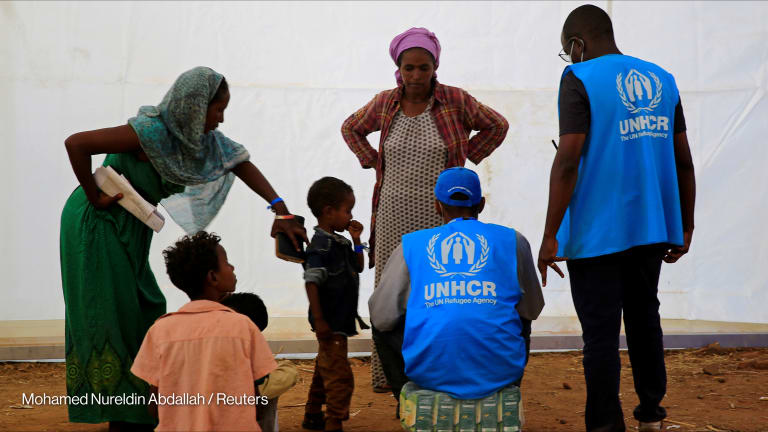
When the historic referendum on the possible secession of Southern Sudan ends, enormous challenges lie ahead for the potential 54th African state.
The week-long referendum, where the majority of southerners are expected to vote for secession, started Jan. 9.
U.K.-based paper The Telegraph has urged donors to “make good on their pledges” to help build institutions and infrastructure in Southern Sudan.
If Southern Sudan secedes, it will be one of the poorest states in Africa. Oxfam has warned that three-quarters of southerners are illiterate and the region has few schools, hospitals or roads.
Oxfam has also pushed for the protection for civilians against violence, given the frequent clashes over resources such as cattle and pasture.
The aid group has called for a continued diplomatic engagement in Sudan after the referendum to help ensure the rights of minority groups and resolve the dispute over the Abyei area.
Residents of fertile, oil-producing Abyei were given their own referendum and are set to vote on whether to stay with the north or move to the south. Warring factions failed to reach an agreement, which has delayed the vote in the area.
Analysts have said Abyei could be the site of new clashes five years after a peace agreement ended decades of war between the north and south.








